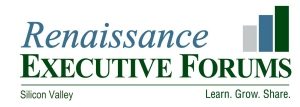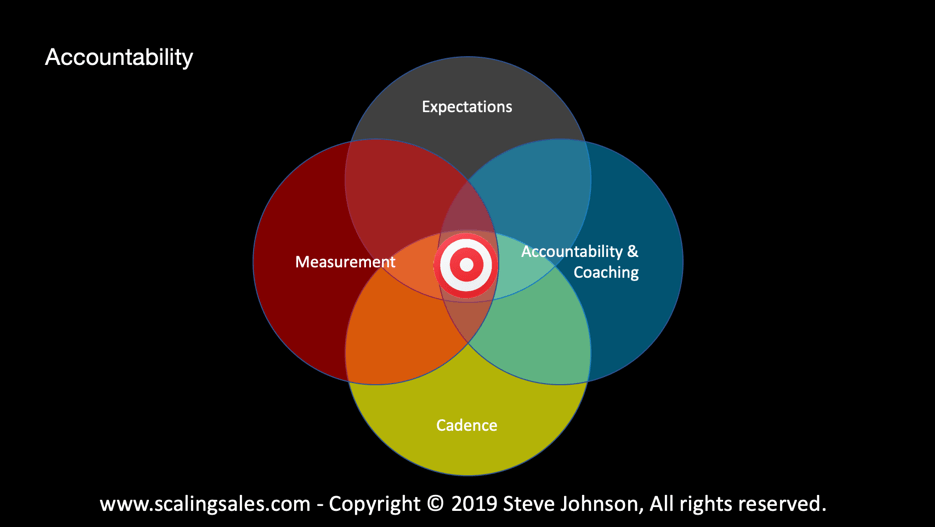At the Renaissance Executive Forum Silicon Valley (“EFSV)’s January 2020 Forum, business owners, CEOs and executives learned about Ray Dalio’s four guiding principles for business and life. As always, each Forum member and the group as a whole received great value through executive level discussion that inspired each leader to recognize and distill their own principles. The four guiding principles from Ray Dalio include:
- Embrace reality by overcoming your ego and blind spots
- Be radically open-minded
- Use the 5-step process
- Understand how people are wired
“My hope is to prompt readers to discover their own principles and ideally write them down to keep refining them as they encounter more experiences.”- Ray Dalio
About Ray Dalio, some of his quotables
Ray Dalio is one of the 100 most influential people in the world, according to Times Magazine 2012, and is ranked on Forbes 2018 as the 30th richest in the US with a net worth of $17.7 billion. He joined Bill Gates and Warren Buffett vowing to donate more than half of his fortune to charitable causes during his lifetime. He is the author of the #1 New York Times bestselling book “Principles: Life and Work”. Ray Dalio is the founder, co-Chief Investment Officer and co-Chairman of Bridgewater Associates, which is a global macro investment firm and is the world’s largest hedge fund with $160 billion.
What contributes to success, according to Dalio?
Dream + Reality + Determination = successful life/business
Ray believes that reality works like a machine and that principles for dealing with reality are required to be successful. “Whatever success I have had in life has more to do with knowing how to deal with my NOT knowing that anything I know.”
Principles help with systemizing decision-making
Every day, leaders are bombarded with blizzards of situations. With principles, decision-making can be systemized to avoid erratic and unpredictable reasoning and behaviors. Principles are the foundation for our behavior and reasoning that helps us achieve our life and business goals.
Principle #1: Embrace reality and deal with it
There are two barriers to get to know reality: ego and blindspot.
The 1st barrier – a leader’s ego. Sometimes referred to as “pride”, “fear to be wrong”, or “saving face”, ego makes it harder for us to accept/admit our mistakes and weaknesses. Every leader wants to be capable and be seen as such. But you must not let your need to be right be more important than your need to find the truth. Being blind to truth disconnects you from the feedback loop that helps you make good decisions.
On the other hand, taking responsibility for your own weakness or mistakes can lead to solving a problem, which gives you the knowledge to adjust and avoid the same obstacles in the future, – “never let a good crisis go to waste,” as the saying goes. This allows you to move your company to a higher level where the stakes become ever greater.
“The biggest difference between leaders who guide their own growth and achieve their goals and those who don’t, is that those who make progress reflect on what causes their amygdala hijackings,” says Ray Dalio. Reflecting on and refraining from fight/flight and other reactions is key to a leader’s evolution.
The 2nd barrier – our blind spots. We all see the world through our own biased lenses and we all have limited observational skills. Besides, focus can create blind spots – the more we focus on a topic, the harder it is to see alternatives. We can’t appreciate what we can’t see, so we need to be open to people who see things we do not, and that leads to:
Principle #2: Practice radical open-mindedness
Motivated by accepting that we all are partially blind, being open-minded is the ability to explore other points of view without the interference of our ego or blind spots.
How do we open our eyes? If we believe that seeing more will only help us make better decisions and accept the possibility that others might see something differently than we do, then instead of “I’m right”, ask “what might I be missing?”
Look for believable people. Believable people are those who 1) have repeatedly accomplished the thing in question, and 2) can explain their approach when probed. Be open-minded with the most believable people we have access to. Business owner peer groups like Executive Forums Silicon Valley are made up of successful, experienced, believable business owners who will tell you the hard cold truth, without any personal agenda.
Appreciate the art of thoughtful disagreement. If the goal is to find the truth, not to convince others you’re right, let disagreement trigger curiosity, not explosions. Agree to disagree, and agree how you are going to be with others.

To make open-mindedness a habit, we need to keep our ego in check, get to know our blind spots, be open to mind training, hold two or more conflicting concepts in our mind to assess their relative merits, honestly believe we could be wrong and ask genuine questions, and be more interested in finding the truth than in looking good. Let disagreement trigger curiosity and
calmness and appreciate the art of thoughtful disagreement.
===========================================================
We will continue next week in Part 2 about the remaining two Ray Dalio Principles – the 5-Step Process and Understanding How People are Wired.
At EFSV, business owners gain clarity, insight and accountability through sharing collective experience and wisdom in a group setting, to ignite their leadership engines. They learn from the best like Ray Dalio to clarify their own principles upon having new insights sparkled from group interactions.
If you are interested in participating or learning more about becoming a member at Executive Forum Silicon Valley, please contact @GlennPerkins at gperkins@executiveforums.com or call 408-901-0321. For more information visit https://execforumssv.com/




